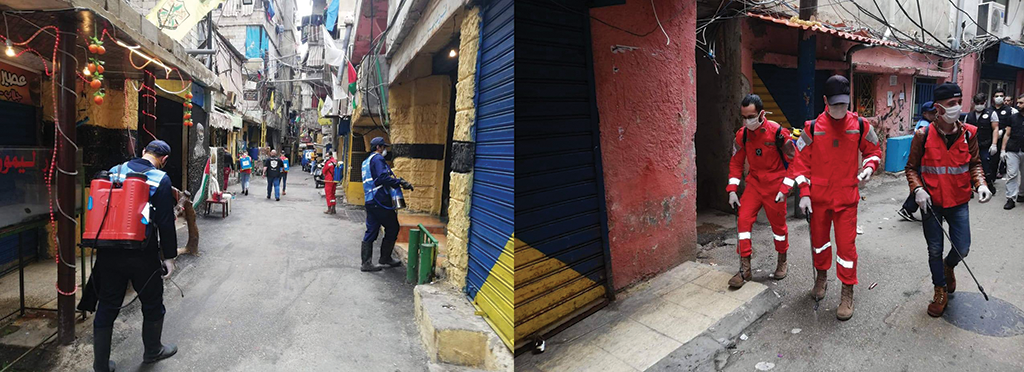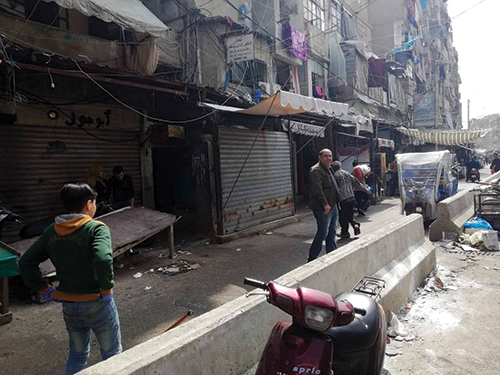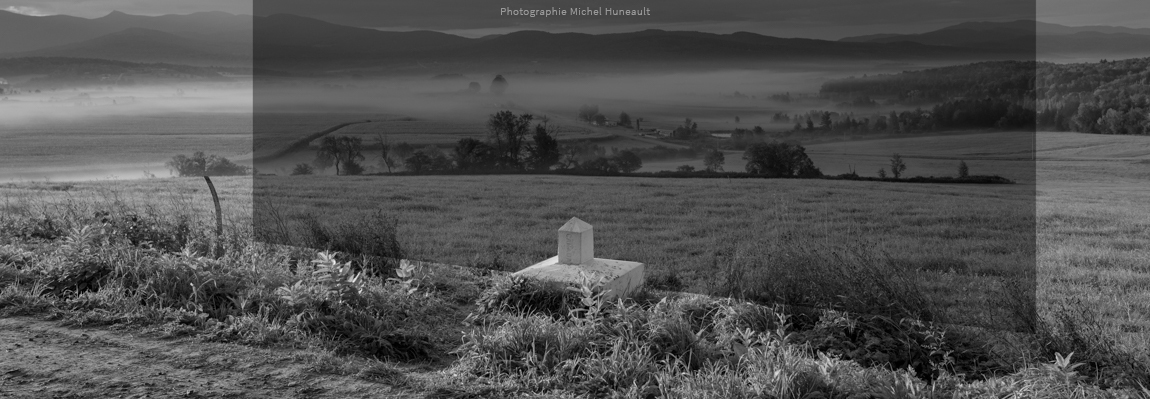
April 11, 2020
Physical distancing in the Shatila camp:
When fearing the virus is becoming a privilege
Report written by Myriam Ouellet
PhD candidate
As part of Myriam’s Master’s thesis on the trajectories of migration of Syrian refugees resettled in the city of Quebec, she did fieldwork in Lebanon in December 2017 and in April to May 2018, mainly in the city of Beirut.
What about Shatila?
The coronavirus pandemic is gaining ground in Lebanon. Its threat expands also across the Shatila Palestinian refugee camp, located in the municipality of Ghobeyri in the southern suburb of Beirut. After a six-month stay in Lebanon, as part of a research project of the experience of Syrian refugees exiled in Lebanon, a simple question soon caught my heart and mind: “What about Shatila?”.
Although there are still no positive cases recorded in the Shatila camp, implementing preventative measures to stop the virus is necessary. The COVID-19 virus constitutes a significant threat for the 20,000 to 25,000 refugees, including Palestinians, Syrians, and others, living together in .5 kilometre area.
At this point in time, very few measures have been taken to counter the virus spread inside the camp. They are limited to a disinfection campaign launched by the Ghobeyri municipality, the distribution of antiseptic material to every home, and public announcements by microphone encouraging self-isolation.
While difficult, if not impossible, to respect measures of social distancing in such an overpopulated space, the main obstacle most of the camp’s residents are facing is their economic reality. Even though the streets of Shatila are, all things considered, less crowded than usual, fear is palpable and hunger is a real threat.

In Lebanon, Palestinian refugees’ rights, including access to education, healthcare, and employment, are largely restricted. Informal daily work in small shops located outside the camp – the main source of employment for most camp residents –has now been largely eliminated, and thousands of families living hand to mouth are cruelly lacking provisions. Emergency aid mechanisms to economically support families through this crisis are practically non-existent; so far, no local NGO nor United Nations Relief and Works Agency (UNRWA) have launched any specific aid programme related to COVID-19.
On March 30, 2020 I contacted Majdi, a friend and resident of the Shatila camp, who described the current situation. “Really, we need help and support. People in the camp are afraid; they are constantly looking for a way to bring food to their family. Really, the situation is really worrying. Not worrying because of the virus as such, but because we have no food. We are always wondering how to find food for our families. Currently, it’s our biggest problem ….”
Link : https://www.lorientlejour.com/…/dans-le-camp-de-chatila-on-…
Photos © Majdi, resident of the Shatila camp.

